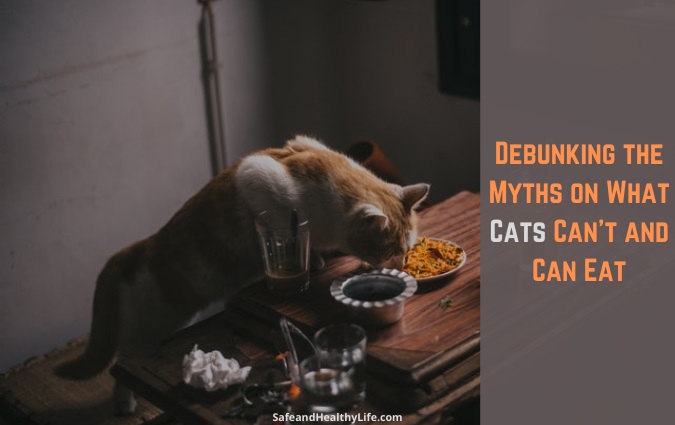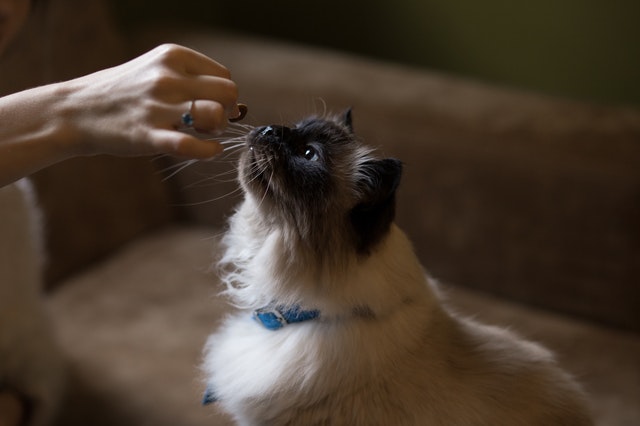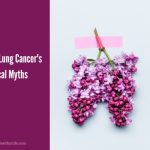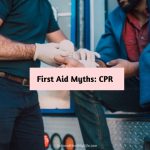
It’s a common misconception that cats are domestic princesses (or princes) that need to be carefully fed the most pristine of food.
But have we forgotten they come from a line of wild felines?
If left to their own devices, cats instinctively know how to hunt (not that we want to encourage this behavior in the suburbs!).
Even as domesticated pets, cats have a way of sneaking off and finding their own food.
Have you ever had a neighbor’s cat wander in and take refuge at your place in hopes of a second dinner?
This puts them at risk of eating something that could be dangerous for their health.
Your cat’s safety is your priority, and this article is going to help you keep your cat safe by educating you on what you shouldn’t feed your cat. We’ll also go through some foods you shouldn’t keep lying around since they may consume them without your knowledge.
By examining the nutritional content of each food item mentioned, we will be able to see what makes it unhealthy for your cat.

Image Source: Pexels
7 Foods Your Cat Can’t Eat
1. Onions and Garlic
Onions and garlic in all forms are dangerous to your cat’s health. Consuming even a little amount of it can put your cat in a life-threatening situation.
The adverse effect they have on your cat’s system is that they cause its red blood cells to break down, which leads to anemia.
2. Dairy Products
This is a bit of a surprise to a lot of people. Our childhood is filled with images of cats being given milk. We’ve seen it in storybooks, on TV, and in cartoons. So what could be wrong with giving your cat some milk?
Cats are lactose-intolerant and have a hard time digesting milk and milk products from other animals. Giving them dairy will possibly lead to stomach upset and diarrhea and isn’t optimal.
3. Chocolates
Like dogs, chocolate can be lethal for cats too. The only difference between the two is a cat wouldn’t eat this on its own; it is more likely to be fed chocolate by someone.
Theobromine found in all kinds of chocolate is a dangerous element that affects your cat’s health when they consume chocolate. Some of its side effects include tremors, seizures, liver failure, and possibly death.
4. Dog Food
You shouldn’t feed your cat dog food for obvious reasons. Both animals are built differently and have different nutritional needs to stay healthy.
While your cat may nibble on Fido’s dinner every now and then, making it a steady source of nutrition for it will cause severe malnourishment. This is because dog food doesn’t have the necessary nutrients your cat needs to stay healthy.
5. Liver
Feeding your cat small amounts of the liver is fine. The problem is regularly feeding it to them in high amounts.
The liver is rich in vitamin A which can be harmful to cats when consuming too much of it. It leads to vitamin A toxicity, which causes bone problems and even death.
6. Yeast Dough
Yeast is added to the dough to make it rise before it is baked. If your cat eats dough before it is done rising, the dough will rise in its stomach.
The ASPCA explained that this can cause pain and discomfort for your cat as it could stretch its abdomen beyond its limit.
Also, the fermentation process that causes the dough to rise leads to alcohol production. Alcohol is dangerous to cats, and this could lead to alcohol poisoning.
7. Raw Meat
The subject of whether or not cats should be fed raw meat sparks serious debate among cat lovers. While some have no problem with it, others would never attempt it because of the risks involved.
Truthfully, there are many risks associated with feeding your cat raw meat, the most common being risk of bacterial infection. Other risks are taurine deficiency, vitamin E deficiency, vitamin A toxicosis, yellow fat disease, etc.
Fortunately, these can all be avoided due to the proper handling and storage of your meat. People are reluctant to put their cats on a meat diet is because they run a risk of infection, and their cats could suffer from an unbalanced diet.
By being able to source your meat from a reputable source, properly process it, store it, and complement your cat’s diet with other necessary nutrients, you can successfully place them on a raw diet for cats which comes with many benefits.
Conclusion
In this article, we discussed 7 foods your cat should not eat and explained how their consumption can affect your cat’s health.
We also covered a popular subject of whether your cat should be fed a raw diet or not. The conclusion we came to is feeding your cat raw meat is fine under the following conditions:
- The meat is appropriately processed and stored.
- You complement the meat with other food items to balance your cat’s diet.
Pets have a way of wandering off and eating what they shouldn’t. That’s why we recommend you keep the number of your vet close by for instances you feel your cat may have consumed something dangerous.
About The Author:
BIO: Melissa Smith is a pet lover and writes for Raw and Fresh on all things pet-related. She adores her pug, Samson, and Chester cat, aptly names Chester.




